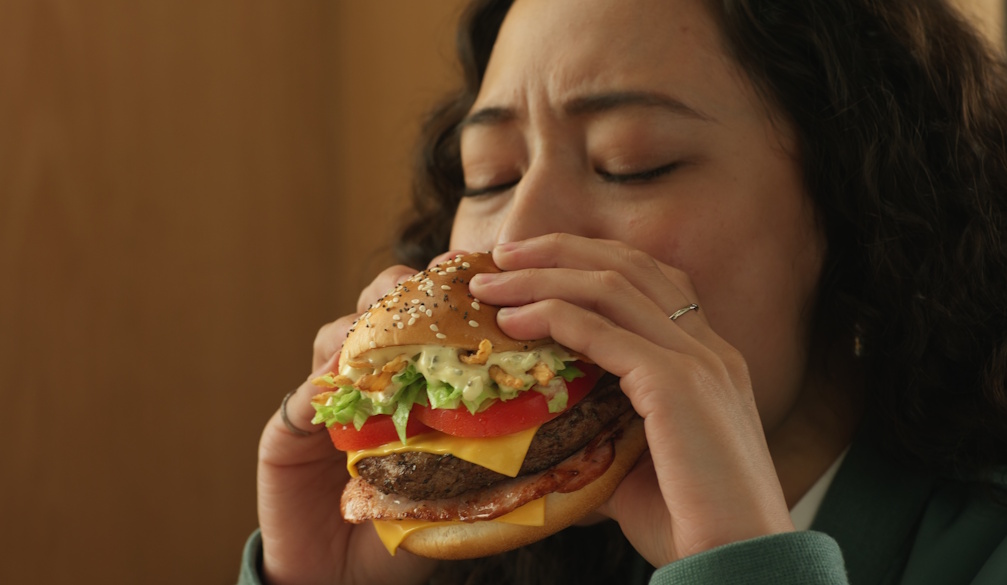
Marketers cannot use mid-20th century survey tools to measure 21st century consumer values and behaviors because traditional techniques are likely to measure what consumers say, rather than what they think. Todays consumers simply dont behave the way they say they will and the consumer decision process is far more emotional than rational consumers dont think what they feel.The reality is more effort has been expended figuring out how to better target consumers than to understand them, which explains why almost everyone is anguishing over the failure to predict the outcome of the 2016 presidential election. Happily, Brand Keys got it right back in September 2015. Take a look at what we said. As researchers who only have eyes for emotionally-based, accurate, predictive research, we appreciate having a real foundation for insights, particularly when it comes to trends.
Trends ultimately reveal themselves when consumers emotional expectations surge. And because consumers' actions in the marketplace are a product of their values, we have been able to identify trends well ahead of the global research shops and hip trend watchers, well before they show up on traditional research radar and before consumers articulate them. When it gets to that point its too late to be of any real use anyway.
That said, we decided to take a retrospective look at some key trend themes Brand Keys identified years ago, that will make themselves felt in 2017.
Brands will get more emotionally in tune with consumers
Values that drive the decision-process for virtually everything will be more emotionally based. Rational is price-of-entry. Accurately measuring consumers real emotions will be critical for both precision and success. (2008)
Expectations will increase and brands will need to predictively measure them
Over the past 5 years customer expectations have increased on average by 25%. Brands manage to keep up by only 6%. Thats a big gap that a new brand can come in and cash in on. (2007)
Consumers will talk to (and about) themselves about bespoke products and services
Consumers heightened awareness of their actual control and their ever-increasing access to information will result in intensified cravings for customized and personalized products and services. (2012)
Unfulfilled expectations = consumer rebellion
Consumer engagement has been inaccurately associated with consumer attention levels, time-spent, and personal entertainment. Marketers will need to measure how well the brand is perceived versus the Category Ideal if they want a real measure of brand engagement. (2009)
Brands will need to prove themselves
Veracity, accuracy, and trust will become more critical than inspiration, and entertainment. Social medias democratization of content creation will require brands to actually prove themselves. Stephen Colberts truthiness is something consumers will need to be on the lookout, so brands beware. (2006)
Its not going to get any easier being just green
Ethics beyond fair trade, sustainability, and corporate responsibility are going to be expected and questioned more and more. CSR will be an expectation not a differentiator. Climate change will still be a catalyst for change, but given the ease of consumers abilities to pull back the brand curtain, watch for ethical standards to have a greater influence in the consumer decision process. (2010)
Naked truth will be more important than well-dressed lies
Its going to be showing versus talking. Storytelling is well and good as long as it is fact-based and believable versus just being an entertaining fairytale. Consumers will become more wary of brands that betray their trust. (2015)
Brand will matter more
Outreach and consumer accessibility will become more laser-focused and but brand will still matter. Being known will not be the same thing as being known for something meaningful. Campaigns and metrics will need to move beyond just the transactional or marketers will just end up selling commodities. (2006)
Consumers will not wait
Instant connectivity and a culture-of-now will result in consumers frustrated with red-tape processes and bureaucracy. Brands will have to react faster and faster if they want to keep (and keep up with) consumers. Real-time and real answers will become real important to consumers. (2011)
We hope our view of whats coming down the road in 2017 will provide marketers with the opportunity to embrace new methods of measuring brand and consumer engagement and insight, build new business and consumer measurement models, and create new opportunities for growth.























